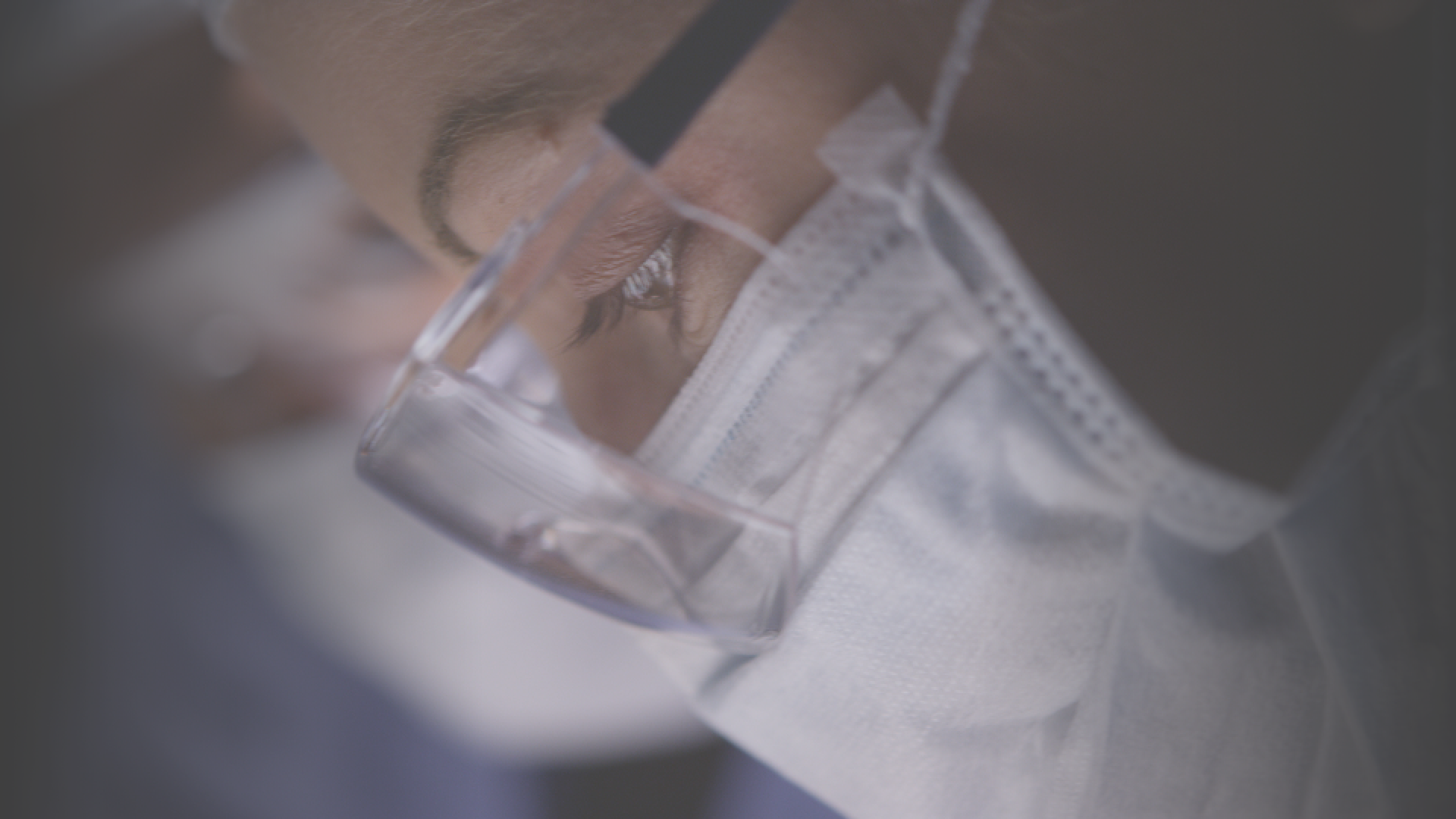
About Project Frontline
The United States Centers for Disease Control and Prevention confirmed the first case of COVID-19 infection in the United States on January 20, 2020. Cases quickly spread across the United States and exploded into the Northeast in February and March.
By April 30th the Commonwealth of Massachusetts had recorded over 3,500 deaths.
Diagnostic testing was limited, hospitals were unprepared, and medical equipment supply came to an alarming halt. For a period of time in Massachusetts, a State world-renowned for its Healthcare, hospitals relied on donated products to stay operational. Some ran out completely. As public health policy and communication caught up with the crisis, daily life changed forever.
In this context, a group came together in Massachusetts to form the Massachusetts Emergency Response Team (M-ERT), made up of experts from Healthcare Systems, Academia, Industry, and the State. The M-ERT held its first meeting on March 20, 2020 with the goal of generating a manufacturing response to the crisis.
By the end of 2020, the M-ERT was responsible for producing 9 million isolation gowns, 3 million N95 respirators, 5 million face shields, and over 10,000 ventilators in Massachusetts. It was the largest manufacturing response by volume of FDA compliant products from any State in the Country. Alongside this effort, Massachusetts granted millions in funding to manufacturers who could establish long-term manufacturing capabilities for these items.
The COVID-19 crisis exposed the consequences of decades of decisions about American manufacturing and our supply chain resilience. The underlying issues are dynamic and complex but the response in Massachusetts revealed important ideas which could be instructive to America’s leadership in innovation, advanced manufacturing, and supply chain resilience.



